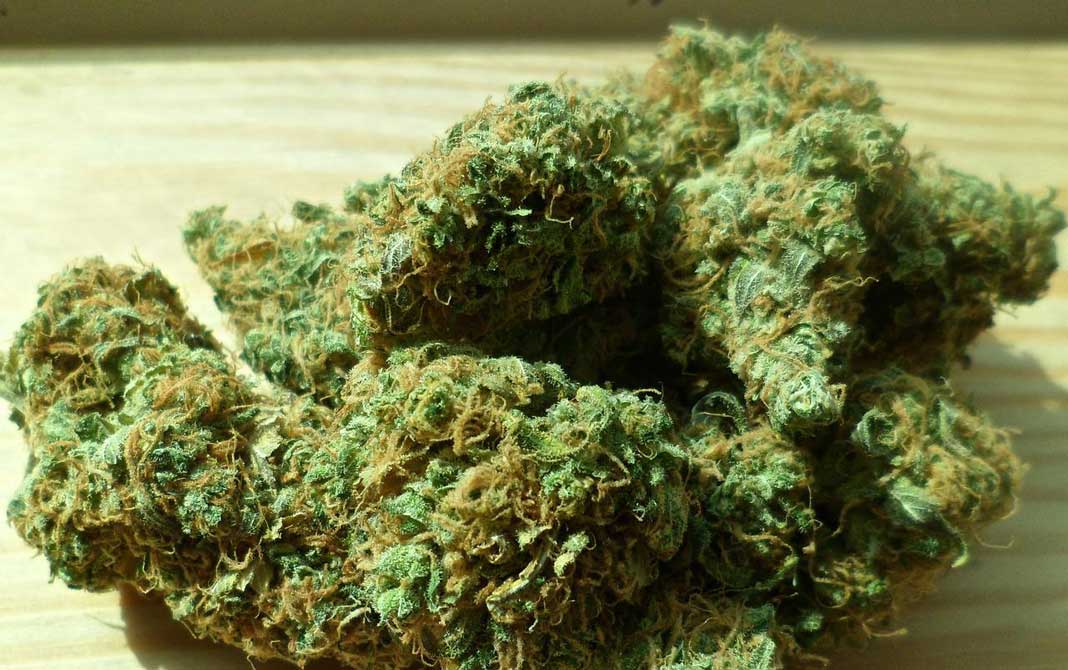Even experienced CBD advocates often struggle when this question pops up, therefore I wanted to dive into the subject, explain the main differences and what this means for you if you’re buying a CBD product.
What Is Synthetic CBD?
Firstly, it’s important to explain what synthetic is. Synthetic means a substance which is created to imitate a natural product, however it is actually man-made.
Synthetic CBD is therefore a chemically produced cannabidiol, made to resemble the plant based CBD you would get from hemp.
What Is Natural CBD?
Unsurprisingly considering the name, this is cannabidiol found in its natural state, from the cannabis plant, whether that’s hemp or marijuana.
Natural CBD will be extracted through methods such as CO2 extraction or with ethanol. The cannabinoid profile of the end product will depend on whether it is full spectrum, broad spectrum or an isolate.
Synthetic CBD Vs Natural CBD
A Synthetic CBD will always be an isolate (this doesn’t mean an isolate will always be a synthetic), meaning it should only contain CBD, with no other cannabinoids, terpenes or flavonoids present that you would expect to find in the hemp plant.
The Synthetic CBD will be chemically identical to the natural version, while it will be made in a lab, potentially using yeast.
This study showed that all CBD samples (including natural and synthetic) produced very similar effects.
However, there has also been a number of studies looking at the adverse effects of using synthetic CBD, with the Journal of Medical Phyto Research studying how a test group taking synthetic CBD saw dangerous levels of ALT and AST.
The FSA issued a statement on 19th July 2018 around the potential health risks of contaminated illegal synthetic cannabinoid products. These were made to bypass federal drug laws, claiming ‘not to be for human consumption’ so that they can still be produced.
Are Synthetic Supplements Rare?
No, this is actually quite common. If you’re taking a Vitamin C supplement in the morning, then there is a fair chance it has come from a chemical plant rather than an actual plant, but the general public doesn’t tend to know about this.
However, a huge amount of studies are conducted before these vitamin supplements are signed off on, ensuring they are safe for consumption. The issue with synthetic CBD is that these are largely not proven to be safe yet for the human body.
So Why Does Synthetic CBD Exist?
There are strict laws around THC and this is one way to ensure there won’t be any THC in the end product.
Real hemp plant extracts can also involve heavy metals being present in the final product, whereas this can be guarded against with synthetic CBD.
Synthetics unlock certain opportunities and can allow for CBD to be mass produced at a lower cost, but the reality is that these synthetic options still need to be heavily studied before they should be ready for human consumption.
At this current point in time, a number of states in the USA have banned synthetic cannabinoids, something that is quite surprising for the USA, considering they commonly fall behind the EU when it comes to health laws, however I think this is the right thing to do for the foreseeable future.
We don’t truly understand the potential long term health risks of a synthetic CBD yet and these shouldn’t be found out via products being sold directly to the public.



